First, it’s important to know what rust is. Rust is an example of corrosion. When iron (which is in steel) and oxygen mix with air or water, rust occurs. Eventually, rust can take over any iron mass and cause it to disintegrate. Corrosion can also occur when dirt or moisture accumulate on a vehicle’s underbody.
Rust is a serious problem and spreads like a rash. It can shorten the lifespan and value of any vehicle.
Vehicles today are subject to rust and corrosion due to moisture, humidity, tons of road salt and other airborne pollutants that can cause rapid deterioration of your wheelchair van. If neglected, the damages can make your mobility investment of little value. The thousands of yearly miles, environments and exposure to the elements of larger vehicles means they are a lot more likely to suffer from the effects of corrosion. Correct rust proofing on a regular basis can ensure that your vehicle does not suffer from corrosion related vehicle downtime and keep your van from falling apart.
The best time to prevent rust damage to your vehicle is in Autumn: before the first snowflake falls and Spring: after the first heavy rain fall; a little vehicle maintenance will help keep the rust away.
To protect your vehicle against corrosion our rust proofing formula does more than just cover the metal required. A rust proofing product must be applied as a high-pressured spray, ensuring protection to your vehicle’s most critical areas by penetrating, displacing existing moisture and protecting the many vulnerable crevices of your automobile.
Benefits of Rust Proofing
Prevention is better than a cure. There are a number of products that can offer prevention against rust. Products are available either as oils, waxes, fluids and coatings. The range is vast, but our rust prevention processes, product, plan and application has been found to be most effective. Our rust proofing is ever evolving and has been for over the past 26 years.
As seen in the pictures below this van has heavy rust and metal fatigue due to a lack of maintenance.
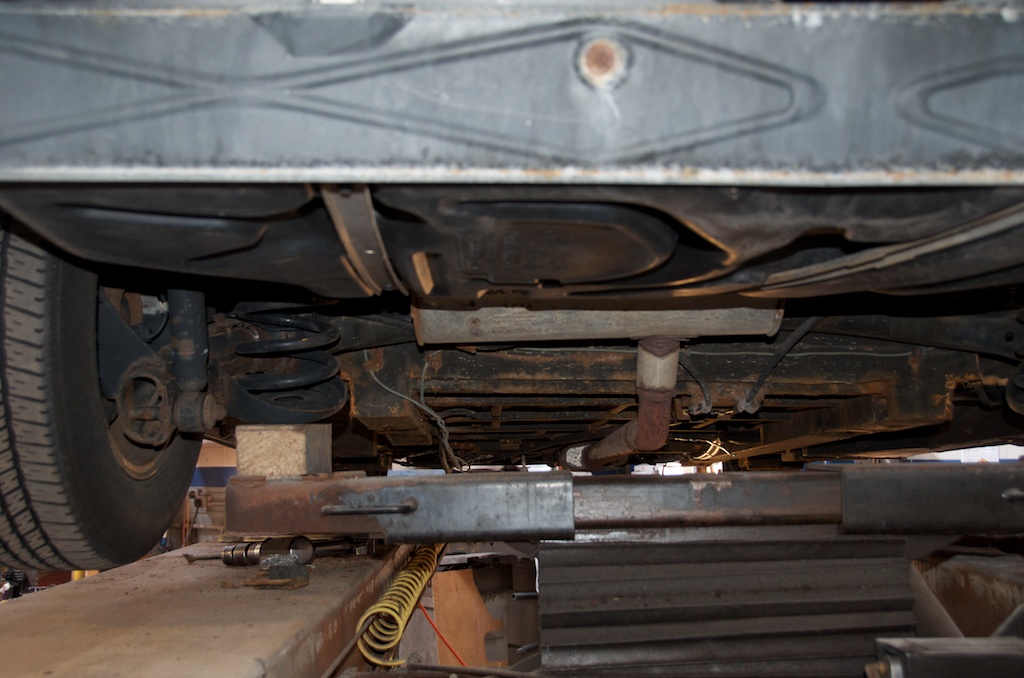
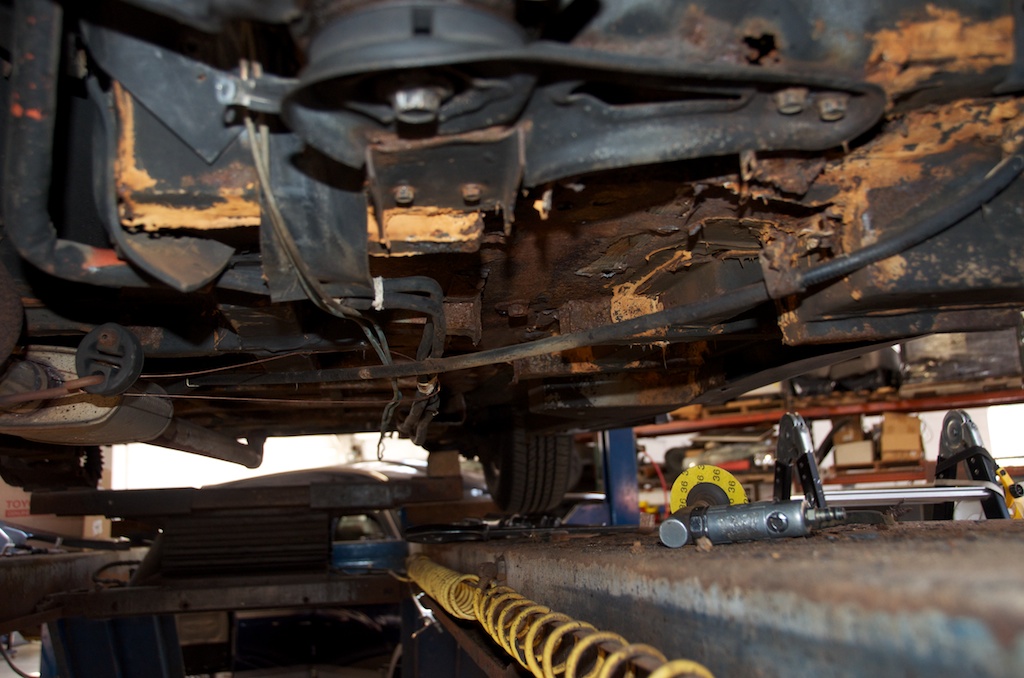 We Removed the Rust, Re-Built the Underneath and rust Proofed this Vehicle.
We Removed the Rust, Re-Built the Underneath and rust Proofed this Vehicle. 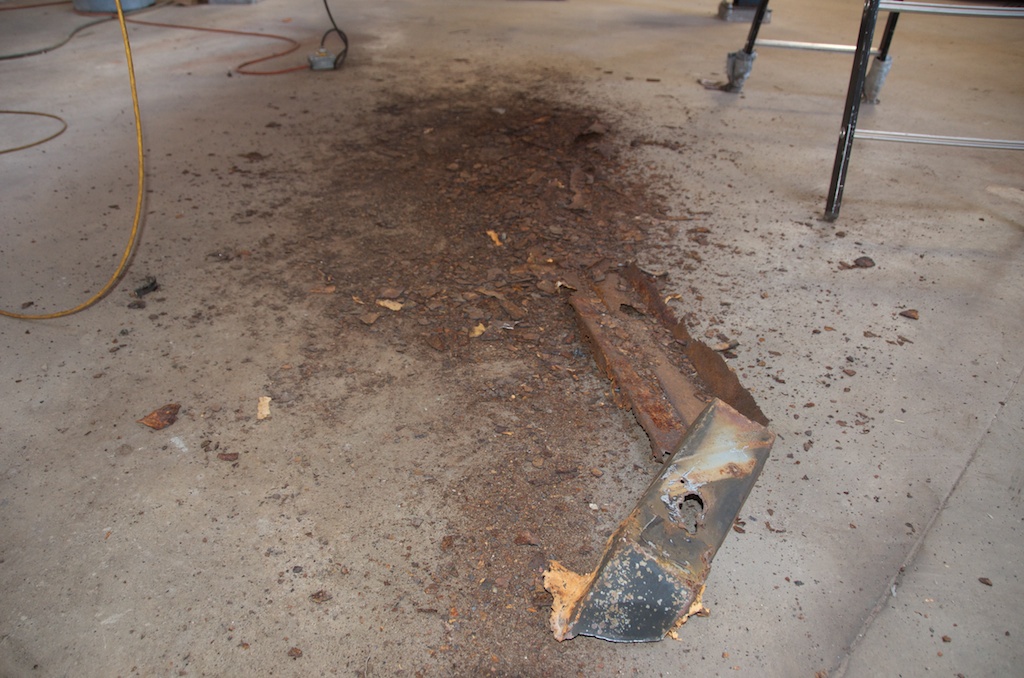
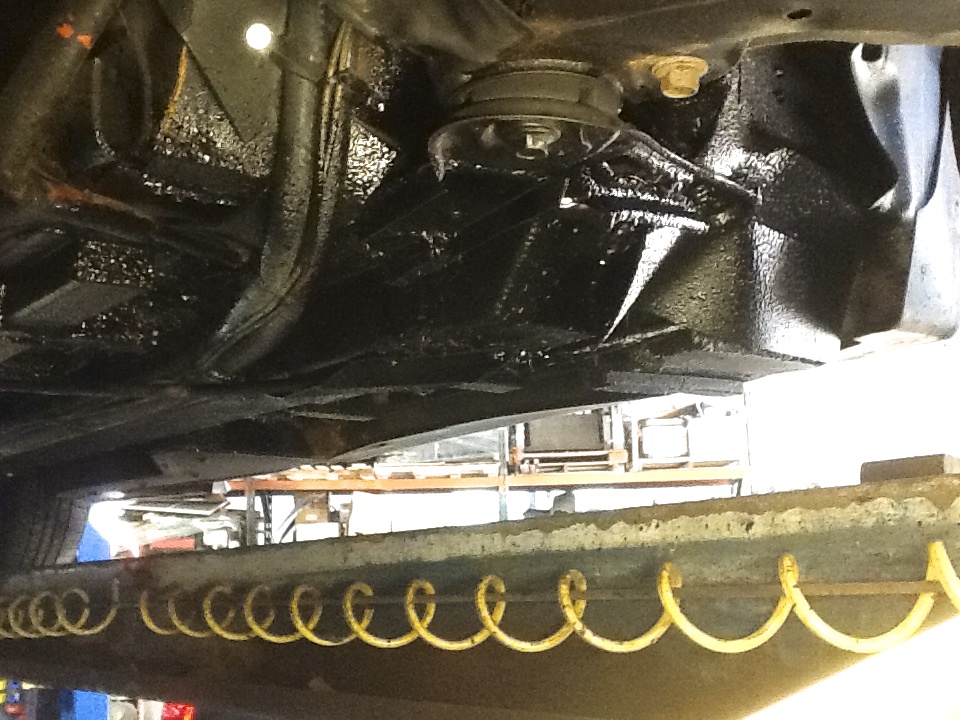
Don’t let your vehicle get rusty, schedule an appointment today!
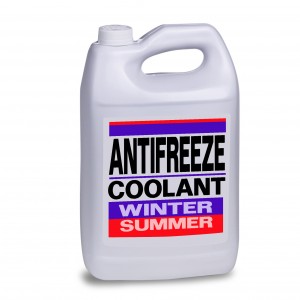

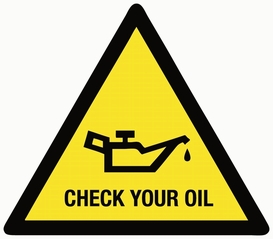
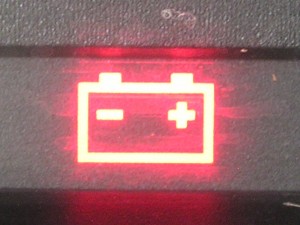
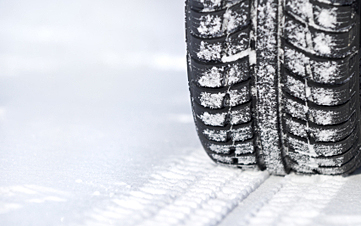

 We Removed the Rust, Re-Built the Underneath and rust Proofed this Vehicle.
We Removed the Rust, Re-Built the Underneath and rust Proofed this Vehicle. 
